Home / india / Petrol-Diesel Price: Updated Rates for December 7, Check Latest Prices Before Refueling
Petrol-Diesel Price: Updated Rates for December 7, Check Latest Prices Before Refueling
By: My India Times
2 minutes read 43Updated At: 2024-12-07
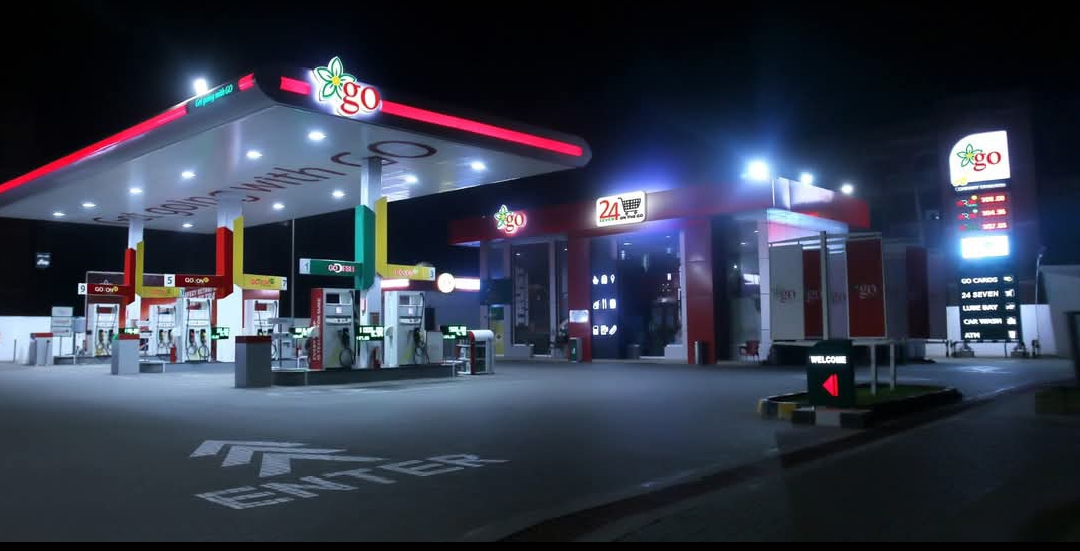
Access to affordable and sustainable energy is a fundamental human right. On December 7, 2024, petrol and diesel prices in India were updated by major oil companies, highlighting a critical economic issue that directly affects the daily lives of millions. While stable fuel prices offer temporary relief, the broader impact on human rights, equality, and sustainability deserves attention.
The Current Scenario: Price Stability and Variations
India's fuel pricing is determined by market dynamics and state-level Value Added Tax (VAT), leading to disparities across states. As of today:
Delhi: Petrol ₹94.72, Diesel ₹87.62
Mumbai: Petrol ₹103.44, Diesel ₹89.97
Kolkata: Petrol ₹104.95, Diesel ₹91.76
Chennai: Petrol ₹100.75, Diesel ₹92.34
Other cities reflect similar variations based on regional VAT policies. This system, while offering flexibility, can exacerbate inequality, especially for marginalized communities who disproportionately bear the burden of higher costs.
Fuel Affordability: A Human Rights Perspective
Affordable energy is critical for:
1. Access to Livelihoods: Rising fuel costs can increase transportation expenses, directly impacting workers and small business owners.
2. Healthcare and Emergency Services: Higher costs can limit the mobility of essential services, affecting timely care in remote areas.
3. Education and Opportunities: In many regions, students depend on affordable transport for schooling, and price hikes can hinder their access.
When fuel costs rise, it disproportionately affects those already struggling with poverty, highlighting the need for a rights-based approach to energy policies.
Sustainable Alternatives and Solutions
Human rights extend beyond affordability. Sustainability is equally crucial to ensure long-term energy security. Governments must prioritize:
Renewable Energy Investments: Subsidies for electric vehicles and clean energy solutions can reduce dependence on fossil fuels.
Transparent Pricing Mechanisms: Uniform fuel taxes and subsidies for low-income groups can ensure fair access.
Public Transport Systems: Expanding and subsidizing public transport reduces individual fuel reliance and promotes inclusivity.
The Path Forward: Balancing Rights and Economy
Governments have a responsibility to balance economic policies with human welfare. While VAT revenues are crucial for state budgets, they must not come at the expense of citizens' rights. Policies must reflect a commitment to affordable, accessible, and sustainable energy for all.
....Access to affordable and sustainable energy is a fundamental human right. On December 7, 2024, petrol and diesel prices in India were updated by major oil companies, highlighting a critical economic issue that directly affects the daily lives of millions. While stable fuel prices offer temporary relief, the broader impact on human rights, equality, and sustainability deserves attention.
The Current Scenario: Price Stability and Variations
India's fuel pricing is determined by market dynamics and state-level Value Added Tax (VAT), leading to disparities across states. As of today:
Delhi: Petrol ₹94.72, Diesel ₹87.62
Mumbai: Petrol ₹103.44, Diesel ₹89.97
Kolkata: Petrol ₹104.95, Diesel ₹91.76
Chennai: Petrol ₹100.75, Diesel ₹92.34
Other cities reflect similar variations based on regional VAT policies. This system, while offering flexibility, can exacerbate inequality, especially for marginalized communities who disproportionately bear the burden of higher costs.
Fuel Affordability: A Human Rights Perspective
Affordable energy is critical for:
1. Access to Livelihoods: Rising fuel costs can increase transportation expenses, directly impacting workers and small business owners.
2. Healthcare and Emergency Services: Higher costs can limit the mobility of essential services, affecting timely care in remote areas.
3. Education and Opportunities: In many regions, students depend on affordable transport for schooling, and price hikes can hinder their access.
When fuel costs rise, it disproportionately affects those already struggling with poverty, highlighting the need for a rights-based approach to energy policies.
Sustainable Alternatives and Solutions
Human rights extend beyond affordability. Sustainability is equally crucial to ensure long-term energy security. Governments must prioritize:
Renewable Energy Investments: Subsidies for electric vehicles and clean energy solutions can reduce dependence on fossil fuels.
Transparent Pricing Mechanisms: Uniform fuel taxes and subsidies for low-income groups can ensure fair access.
Public Transport Systems: Expanding and subsidizing public transport reduces individual fuel reliance and promotes inclusivity.
The Path Forward: Balancing Rights and Economy
Governments have a responsibility to balance economic policies with human welfare. While VAT revenues are crucial for state budgets, they must not come at the expense of citizens' rights. Policies must reflect a commitment to affordable, accessible, and sustainable energy for all.
By: My India Times
Updated At: 2024-12-07
Tags: india News | My India Times News | Trending News | Travel News
Join our WhatsApp Channel




.webp)


.webp)
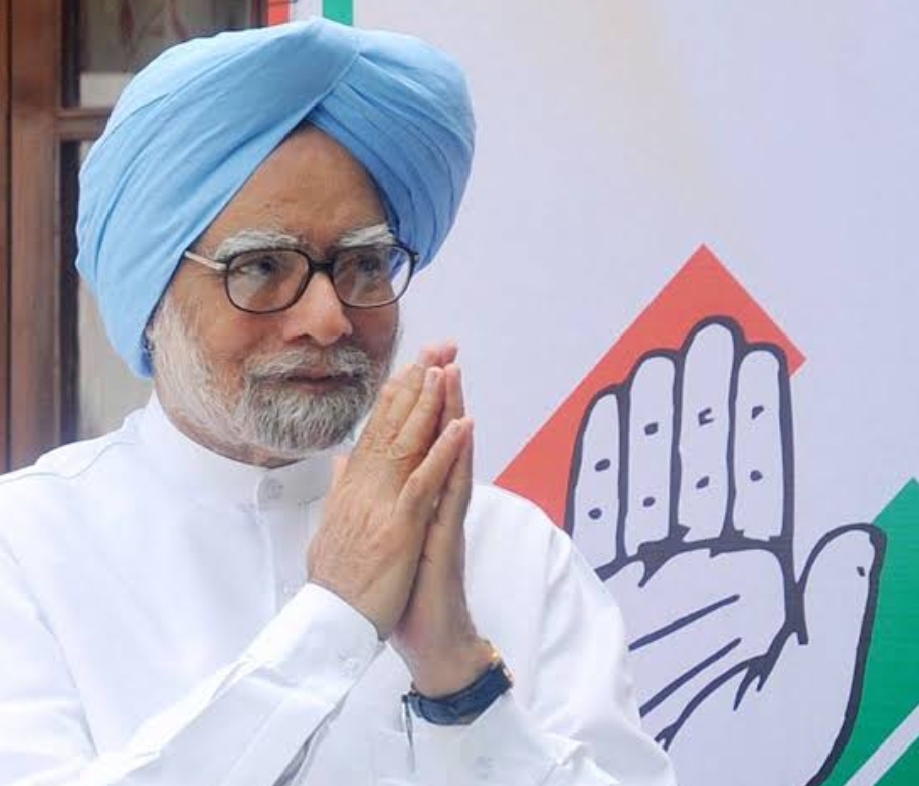









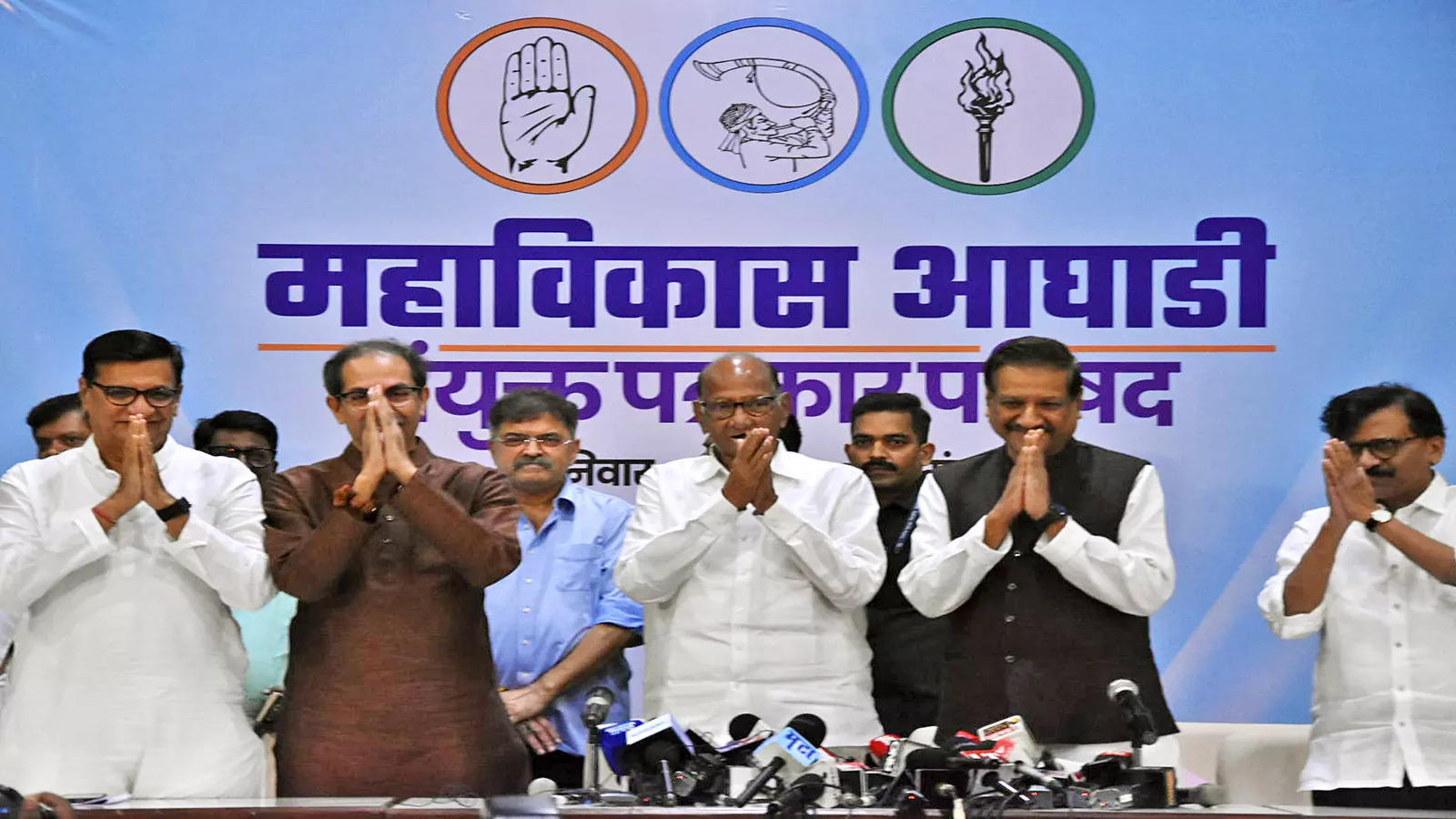
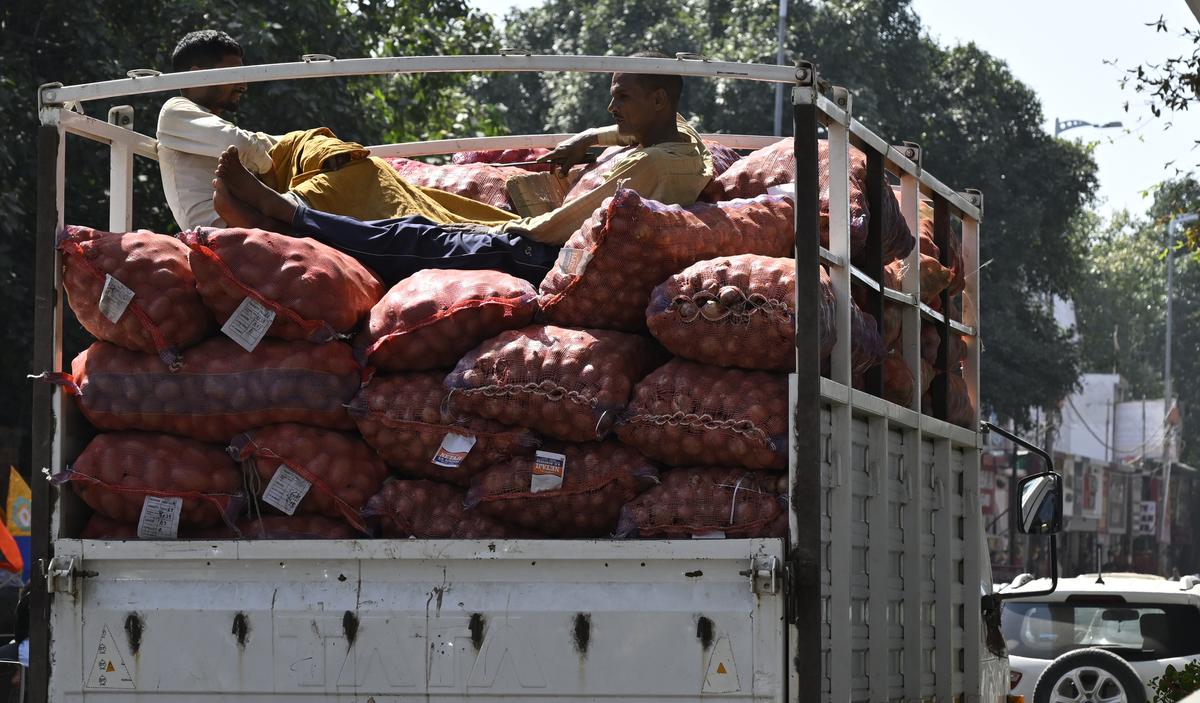

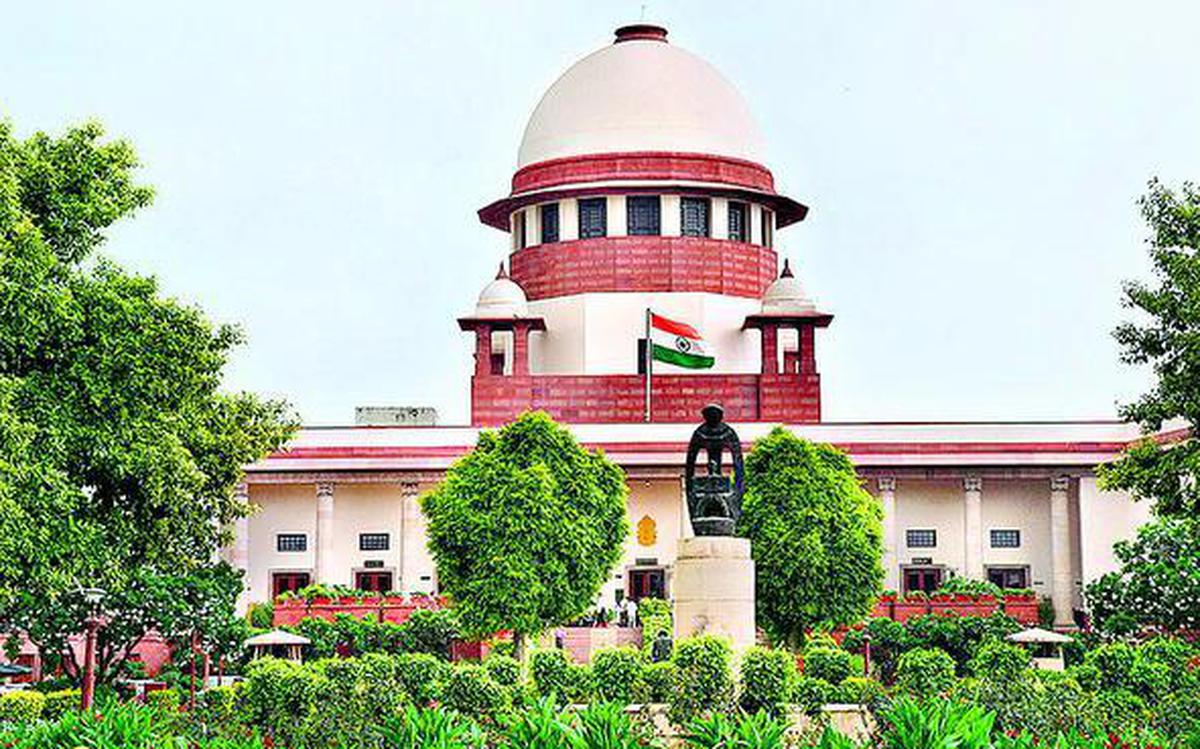
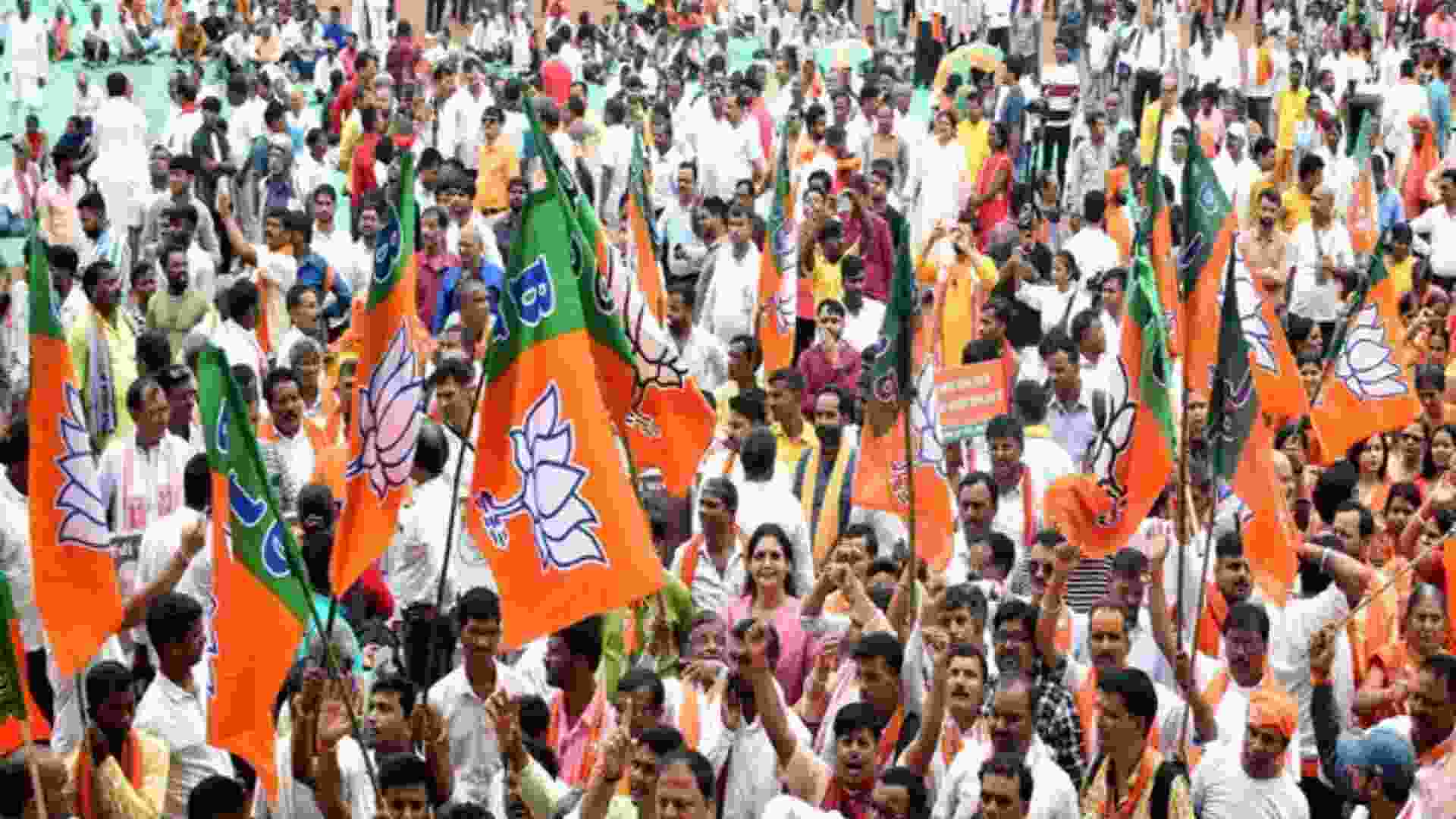

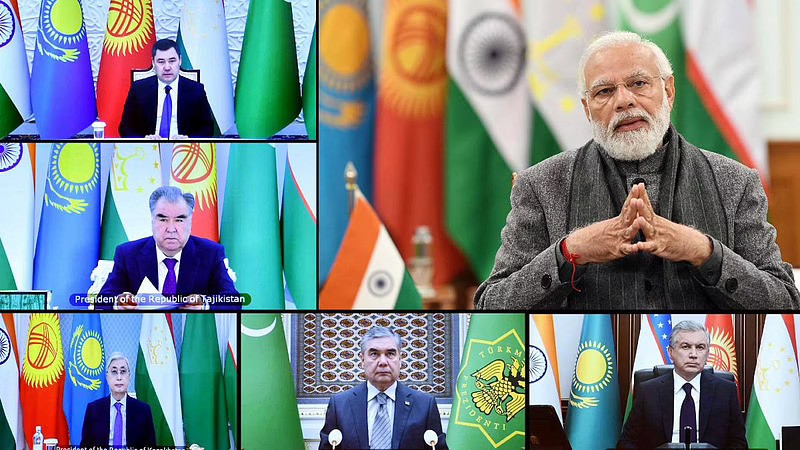






















































































.png)
 (1).png)























